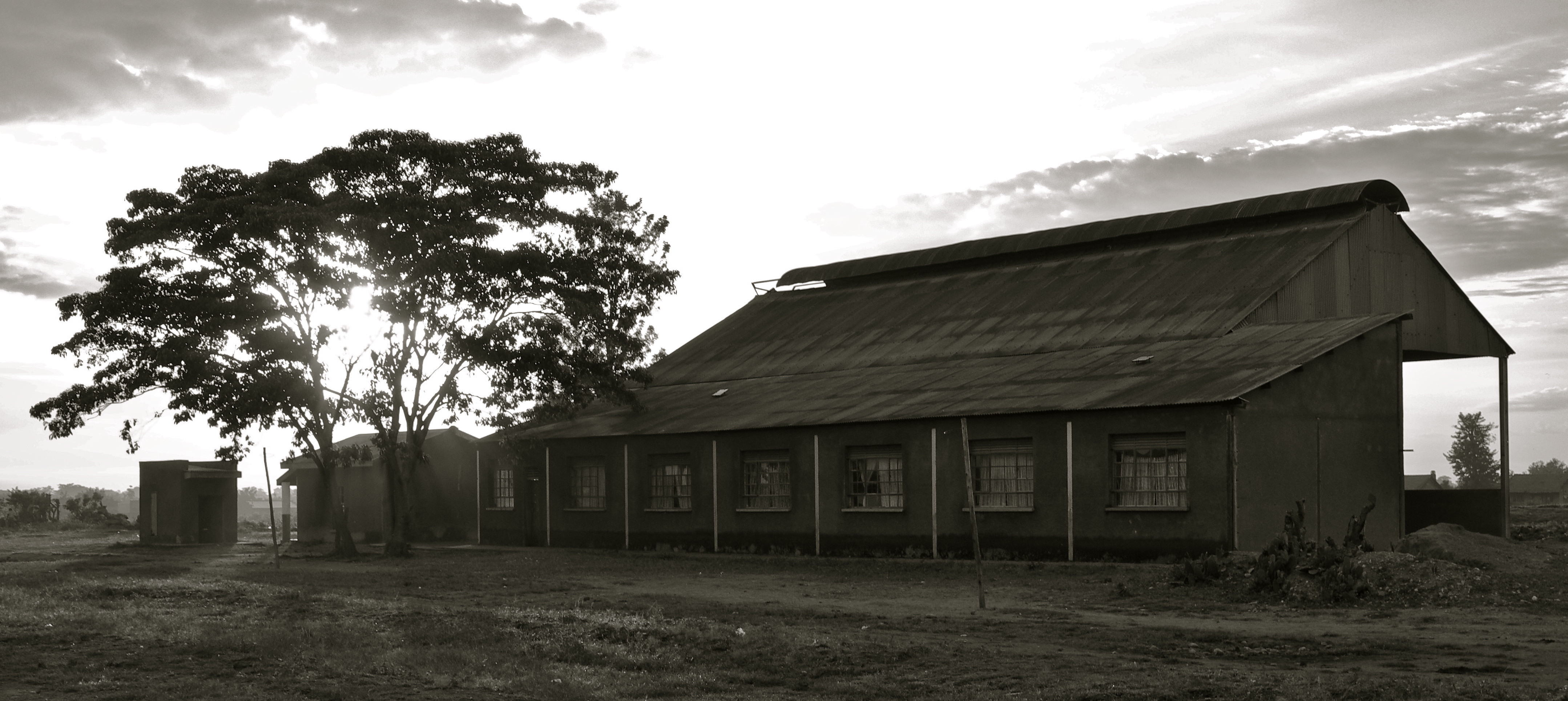We, humans, seem to be afraid of uncertainty. Or to put it another way, we yearn for complete certainty. But why?
Oddly, science and religion, using their broadest notions, have been pitted against each other in a war over certainty. For many anti-theists, religion dupes the faithful with easy answers to unanswerable questions. In other words, for creating false certainty. By those religious people who see science as an adversary, science is criticized for not having all the answers. In other words, for accepting, even embracing, uncertainty. I am not trying to suggest that science and religion are fundamentally incompatible–that a person cannot be a scientist and a theist. I am merely exploring how the two disciplines deal with certainty and uncertainty.

In the US, we live in a culture where changing one’s mind is unacceptable, even in the face of new evidence or changing circumstances. (Writing for Applied Sentience, Aaron Gertler explores this phenomenon in more depth.) A cursory survey of accusations of politically flip-flopping in election rhetoric proves that point. We live in a world where questioning long held assumptions is met with derision even when the evidence falls against a popular belief. The debates over vaccines and global warming make that point.
Despite science’s foundation of questioning and acceptance of the inevitability of error, for most people, science does come with a sense of certainty. How many times was I told in college by my science major friends that they preferred science to humanities because in science there were right and wrong answers? Yes, college science majors. Maybe that was the case on their exams, but science in no way promises certainty.
Science does promise greater and greater understanding. Science is a path to ever increasing clarity. But it is the nature of that path that attracts the greatest criticism–constant questioning, continuous reassessment, and continual willingness to change. Willingness to admit new theories in the face of greater evidence is science’s greatest characteristic.
Perhaps I am confused by humanity’s hunger for certainty because for me uncertainty is much more comforting. This may be my mother’s fault. As long as I can remember she’s told me, “when you stop learning you die.” What is there to learn if we already know the answers–both to the big questions and the small? Knowing that there are always ideas and phenomena to explore gives life meaning.
The magician Penn Gillette, who makes his living not by not revealing mysteries,said, “One of the most rewarding feelings in life is the ‘aha.’” This is a pleasure uncertainty offers the world. The reward of the “aha” is not the erasure of uncertainty. Though, of course, in any specific case uncertainty has been largely erased, all the other mysteries still exist. The “aha” is so sweet because such hard work was required to create it (most of the time).
But this is not the main comfort uncertainty provides me. Knowing there are things that are unknowable, at least for me, at least in my lifetime, makes me feel like part of something bigger–this complex, infinite universe with new wonders at every turn.
I don’t know the comfort of certainty that some religions provide with supernatural explanations. So it is impossible for me to compare that comfort to mine. But for me, not knowing makes the world a miraculous place. I want to live in a miraculous, awe-inspiring world. But supernatural explanations of miracles do not induce awe. Their certainty does not inspire. The vast array of wonder in this world excites me often because of their mystery. The never-ending search for natural explanations fuel me. My world is full of unexplained miracles. And I like that. It is not the uncertainty that makes them miracles. It is the journey of discovery that makes them miraculous.

This piece was originally published with Applied Sentience. Read the original here.
